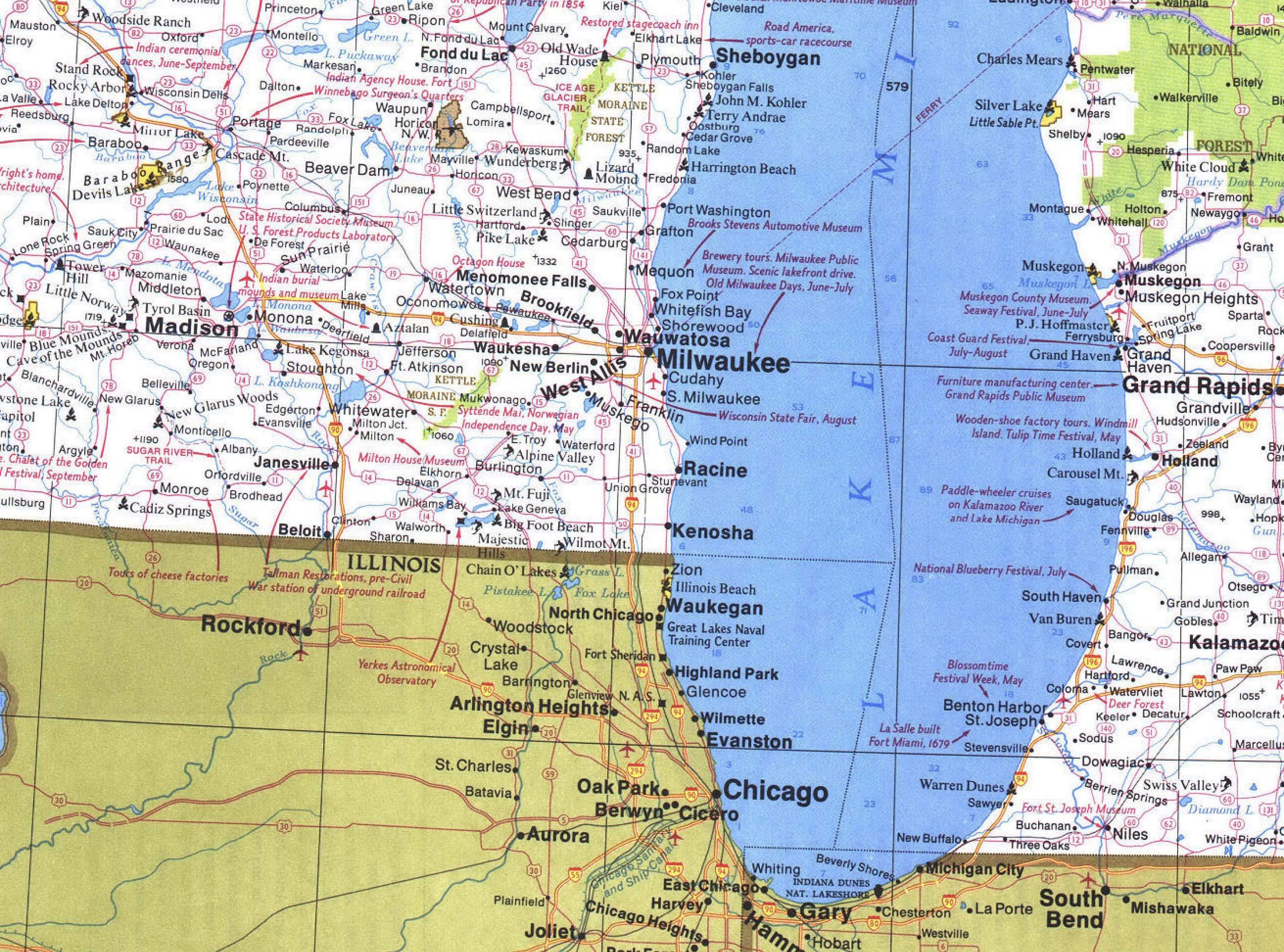
Squadron leader Peter Townsend of the RAF exits his Hawker Hurricane fighter. England, July 1940. Townsend was an ace pilot and – in Churchill's own words – one of the “few”, who won the battle of Britain and to whom the British people owed their freedom. Though not as advanced as the Spitfire, the Hurricane was a sturdy, reliable fighter which matched its German counterpart, the Messerschmitt Me-109, except for speed and climbing rate.
September 13, 2024
2 | The battle of Britain
➣ Ordre de passage des oraux en classe du 1er trimestre.
 Visit the Royal Air Force museum's exhibit on the Battle of Britain.
Visit the Royal Air Force museum's exhibit on the Battle of Britain.
❑ Subject discussed in class: subject № 2, “The threat of a German invasion” ; Churchill's speech on 11 September 1940 and a letter from Maria Blewitt, a WAAF (someone who served in the Women's Auxiliary Air Force), on the same day.
➣ Watch: to learn more about Maria Blewitt.
In the summer of 1940, an air battle raged over England. Nazi Germany was attacking the British Isles by air, with the prospect of an invasion.
Britain, however, had the most advanced air defence system in the world. It was based on a strong fighter force and a RADAR network (radio detection and ranging). So, the British fighter aircraft (Hurricanes and Spitfires) could intercept and shoot down enemy planes.
At the beginning, the Royal Air Force (RAF) was outnumbered by the German Luftwaffe. But soon, the German losses climbed. They did not only lose planes, but pilots, whom they could not replace easily. More, a British pilot who was shot down and bailed out would land on British soil, be rescued and fight another day. German pilots, on the contrary, were caught and became POWs.
In the end, the Battle of Britain was Hitler’s first defeat. In Churchill’s words, “never in the history of human conflict, had been so much (freedom) owed by so many (the British people) to so few (the RAF’s fighter pilots).
➣ Homework for October 4 (Guillaume and Élise) : subject № 3 The fear of impending invasion. An excerpt from Lord Alanbrooke's war diaries (8 September 1940) and a picture showing a soldier on the watch on a beach in southern England (8 October 1940).
➣ Read: How Churchill led Britain to victory in the Second World War, at the Imperial War Museum.
➣ WATCH: Andrew Marr's BBC documentary Britannia at bay, part 6 of his series on The making of modern Britain (Excerpts used in class).
September 20 and 27, 2024
 © National Geographic Magazine.
© National Geographic Magazine.
The class has moved to Milwaukee, WI.
➣ Visit the website of our American partners, the University School of Milwaukee, including a slideshow showing our pupils in America and our American friends in Brest.

October 4, 2024
Orals : Guillaume ★★, Élise ★★.
About stars. One star means good (★), two stars very good (★★), three stars outstanding (★★★). No star refers to an acceptable, though not remarkable performance. The unamused face (😒) would mean a dissapointing experience. Hopefully, it won't be needed.
New subjects on the Battle of Britain :
❑ Subject № 4 : on the Battle of Britain: Hitler's instructions, the narrative of Dennis Newton, an ace fighter pilot of the RAF, and a photo of a German bomber over London.
❑ Subject № 5 : on the Battle of Britain: text by the English ace pilot Peter Townsend and picture of a crashed Messerschmitt.
❑ Subject № 6 : on the Battle of Britain: Churchill's famous speech “Never was so much owed by so many to so few” and a photo of Churchill visiting London after a German raid..
Aide-memoire on the Battle of Britain (for jet-lagged pupils)
❑ An aerial battle that took place over Britain in the summer of 1940.
❑ Hitler’s aim was to deplete (or destroy) the RAF before invading Britain. Arguably, such an invasion would not be possible, unless the Royal Air Force was gone.
❑ The Germans could outnumber the British (More than 2,000 bombers and 1,000 fighters compared to 700 British fighters).
❑ And the Germans looked invincible (they had never been defeated).
But…
❑ The British had built a RADAR (radio detection and ranging) on their shores. They could detect any attack and lead their fighters to intercept them.
The British fighters (Hawker Hurricane and Supermarine Spitfire) were as good as the German Messerschmitt 109, and better than any other German type. And the fighter pilots were on a par with their German enemies.
=> (So that) in August, the German losses started to climb.
Besides, a shot-down German airman would either die or be caught by the British (they were fighting above England). Conversely, a British pilot would be rescued and fight another day.
❑ In September, the German losses were still superior to those of the RAF. And Sea Lion (the invasion of England) was postponed, definitely. Churchill paid a tribute to the fighter pilots in a famous speech : “never, in the field of human conflict, was so much owed by so many to so few” (so much = freedom ; the many = the British people ; the few = the RAF fighter pilots).
What the “many” owed to the “Few”.
➣ Read: Richard Overy, born in 1947, is the leading historian on the Battle of Britain. In his book, published in 2000, The Battle of Britain: The Myth and the Reality, he emphasises the importance of the battle for the British:
« The Battle of Britain mattered above all to the British people, who were saved the fate that overtook the rest of Europe. The result was one of the key moral moments of the war, when the uncertainties and divisions of the summer gave way to a greater sense of purpose and a more united people. This was a necessary battle, as Stalingrad was for the eastern front. In June Kenneth Clark reported to the Ministry of Information the effects of a recent morale campaign. He confessed that the campaign had not been a success: ‘people do not know what to do… difficulty arose in satisfying the people that the war could be won’. By November the mood was less desperate. A Gallup Poll showed 80 per cent of respondents confident that Britain would win in the end. Ministry informers reported a widespread desire to end the propaganda ‘Britain can take it’ and to substitute the slogan ‘Britain can give it!’
Even civilians enjoyed the sense that they, too, could contribute directly to the war effort through their own sacrifices and endeavours. There emerged an evident mood of exhilaration when the population found itself fighting at last after months of inactivity. Men flocked in thousands to join the Local Defence Volunteers, though they were poorly organized and scarcely armed by the time invasion was likely: many would have been treated, as the German side made clear at the time, as irregular militia, subject to summary execution. The Battle of Britain and the Blitz that followed contributed to the growing sense that this was a people’s war. There is more than a touch of irony that the battle was actually won by a tiny military elite, and at the cost of only 443 pilots in four months. The heroic defences on the eastern front, of Moscow and Sevastopol and Stalingrad, cost the defender, soldier and civilian, millions of war dead. The efficiency of Britain’s defensive effort in 1940 was one of its most remarkable features. The ‘few’ did indeed save the many from a terrible ordeal. »
➣ Also look at 9 iconic aircraft from the battle of Britain at the Imperial War Museum.